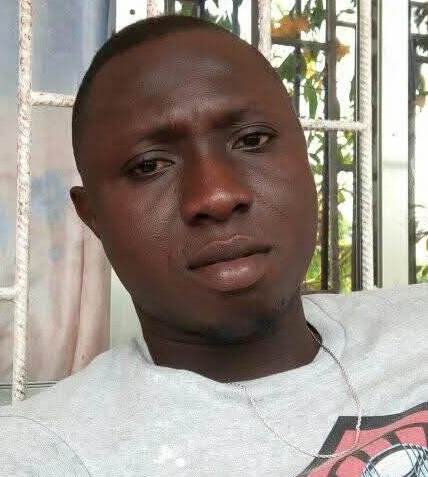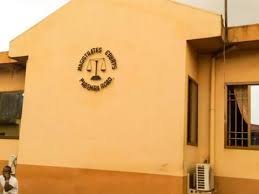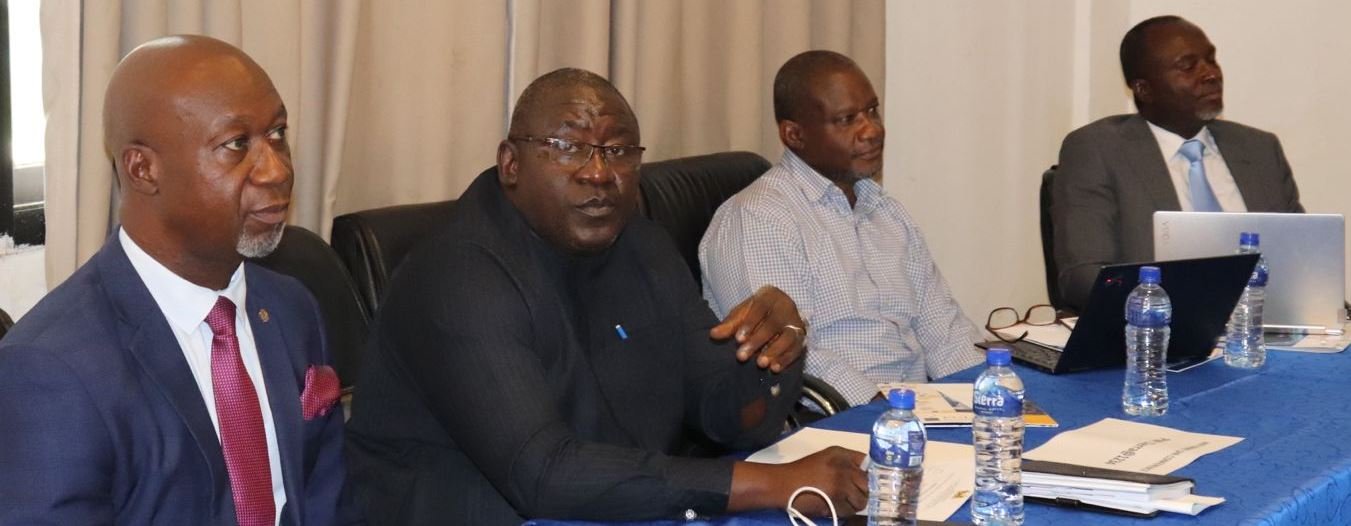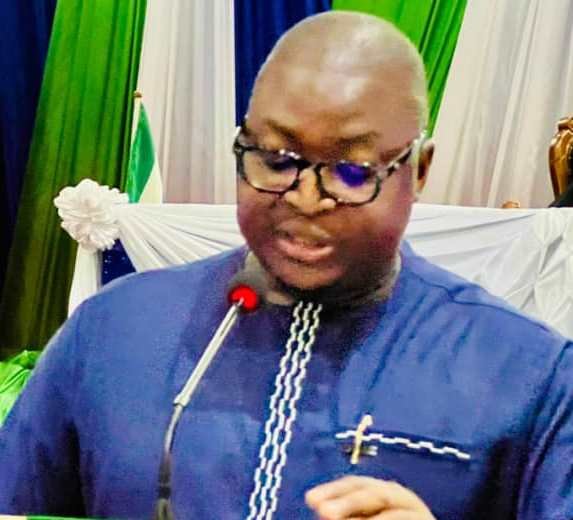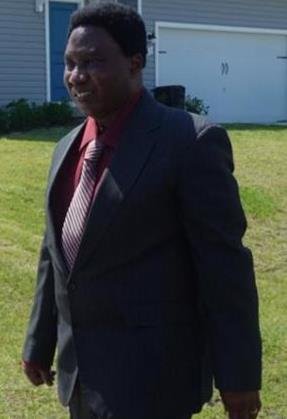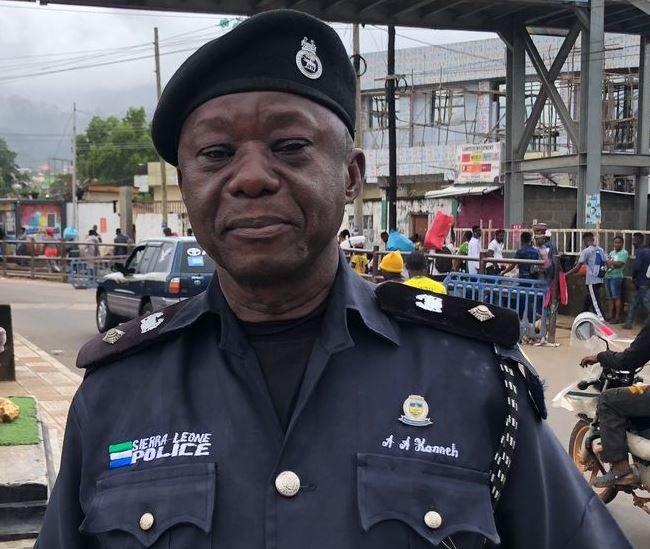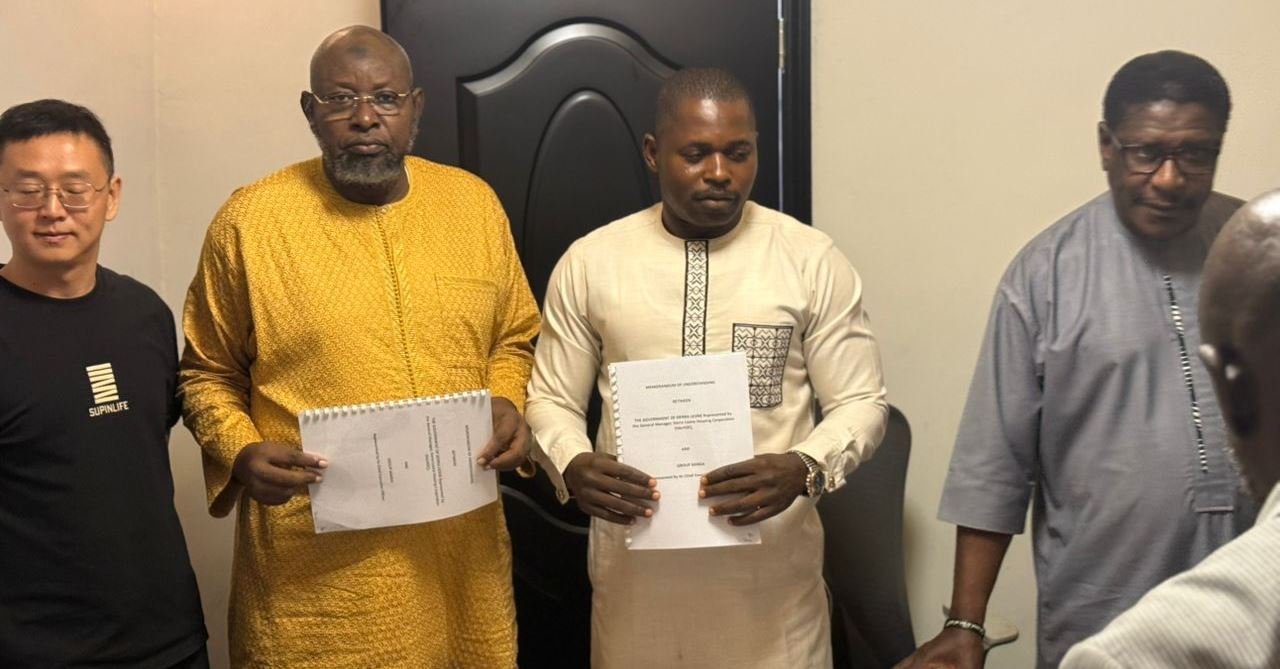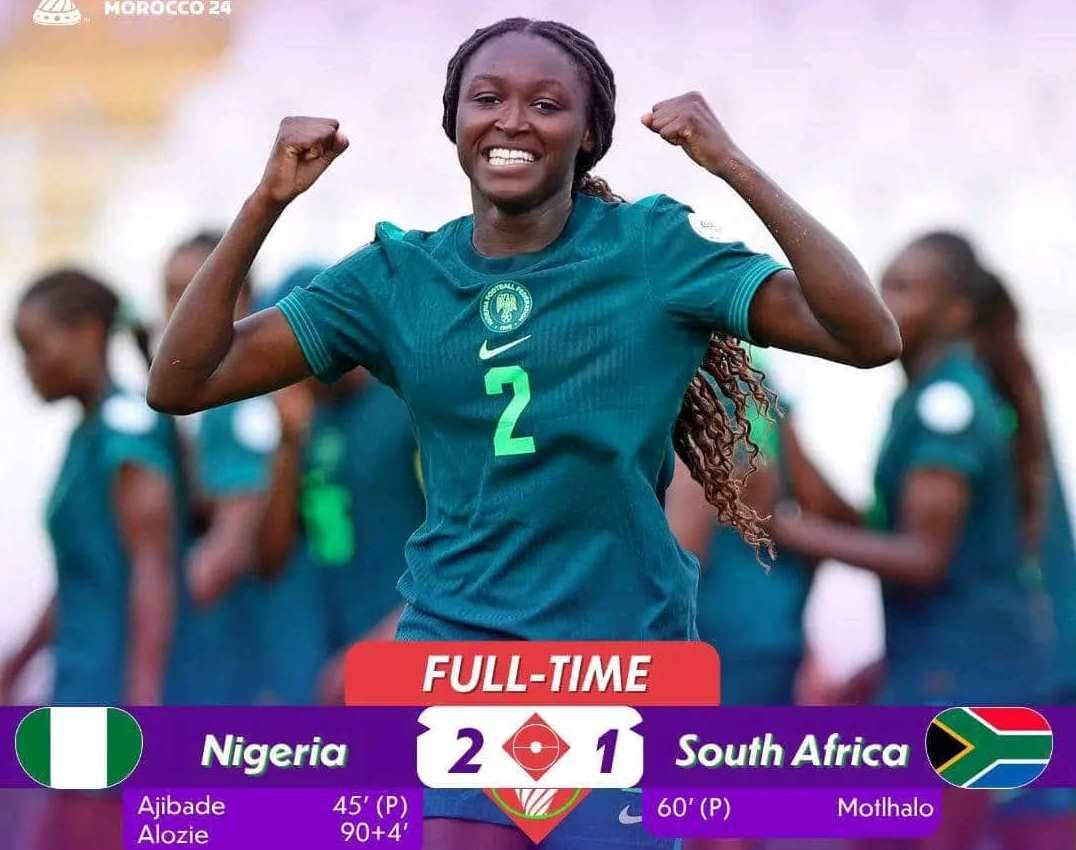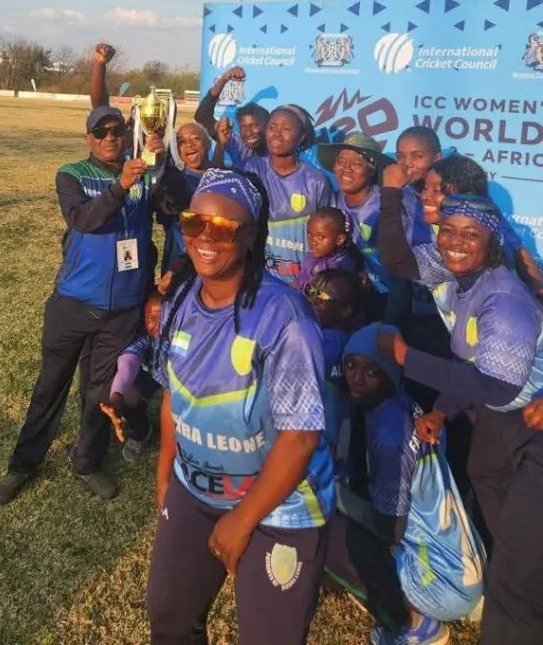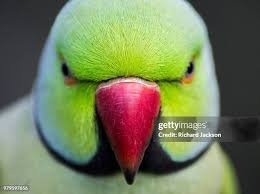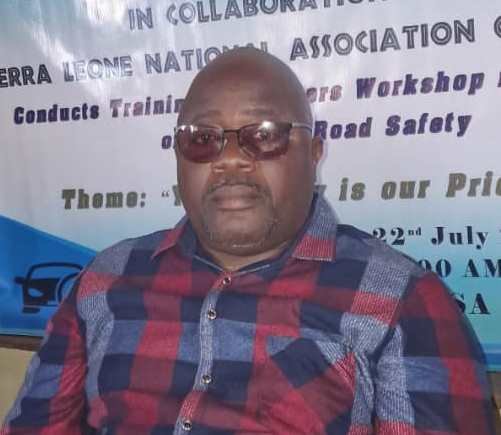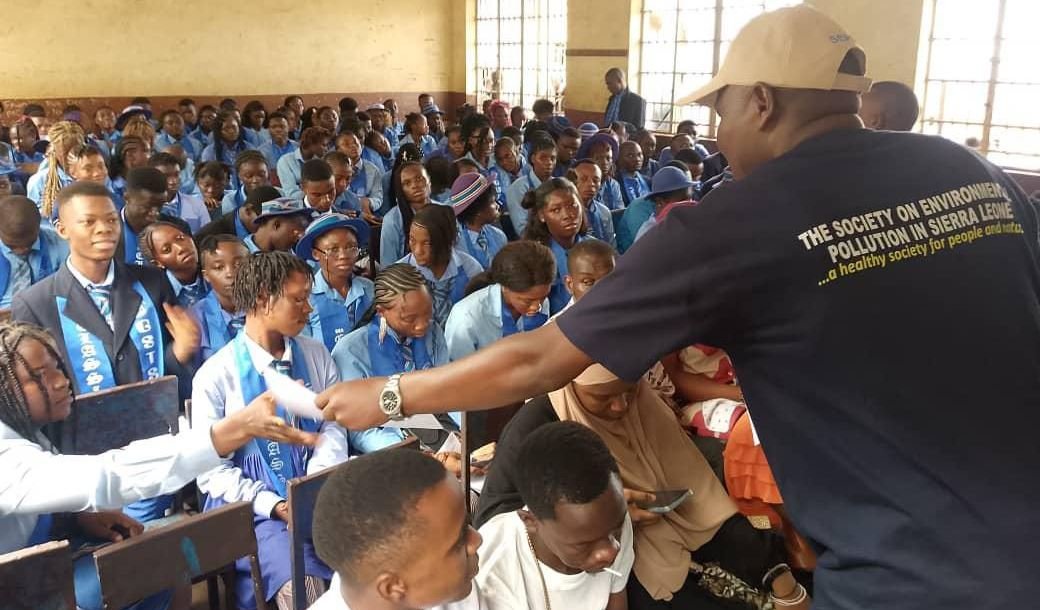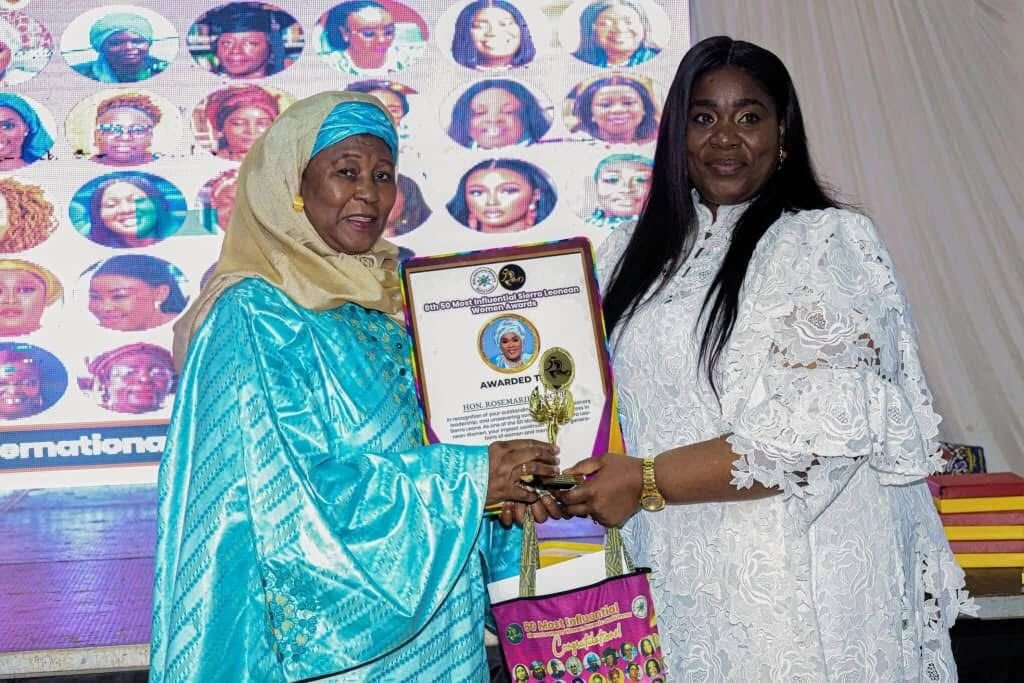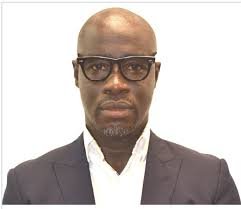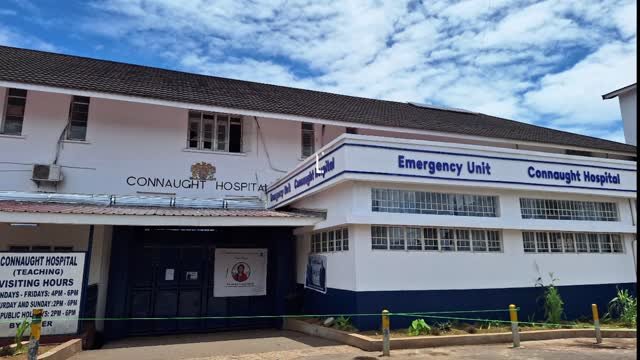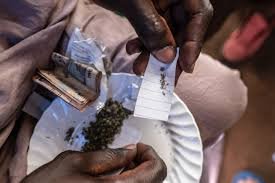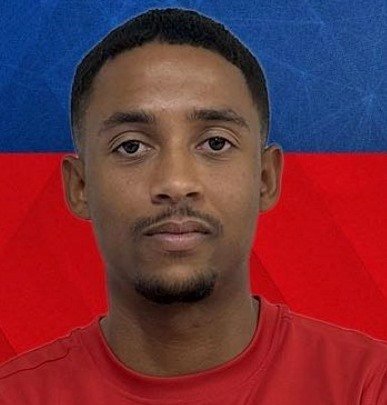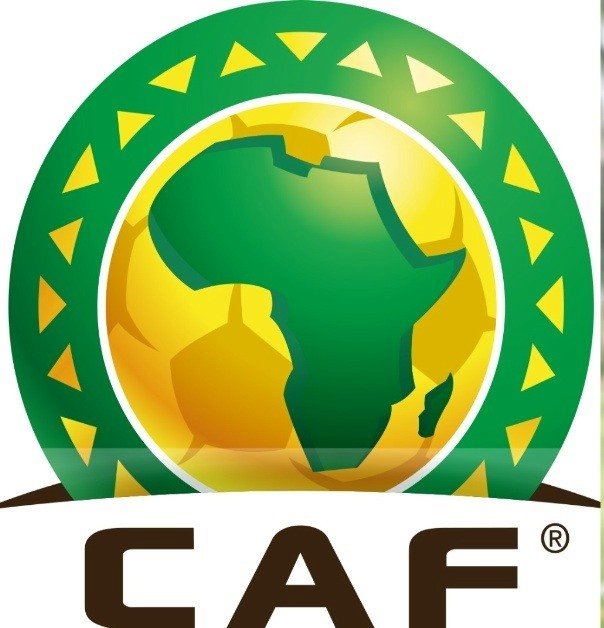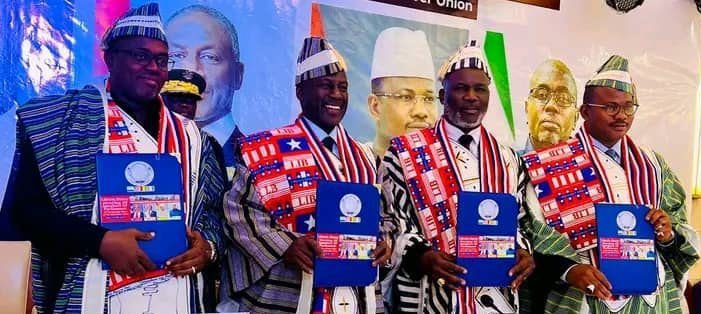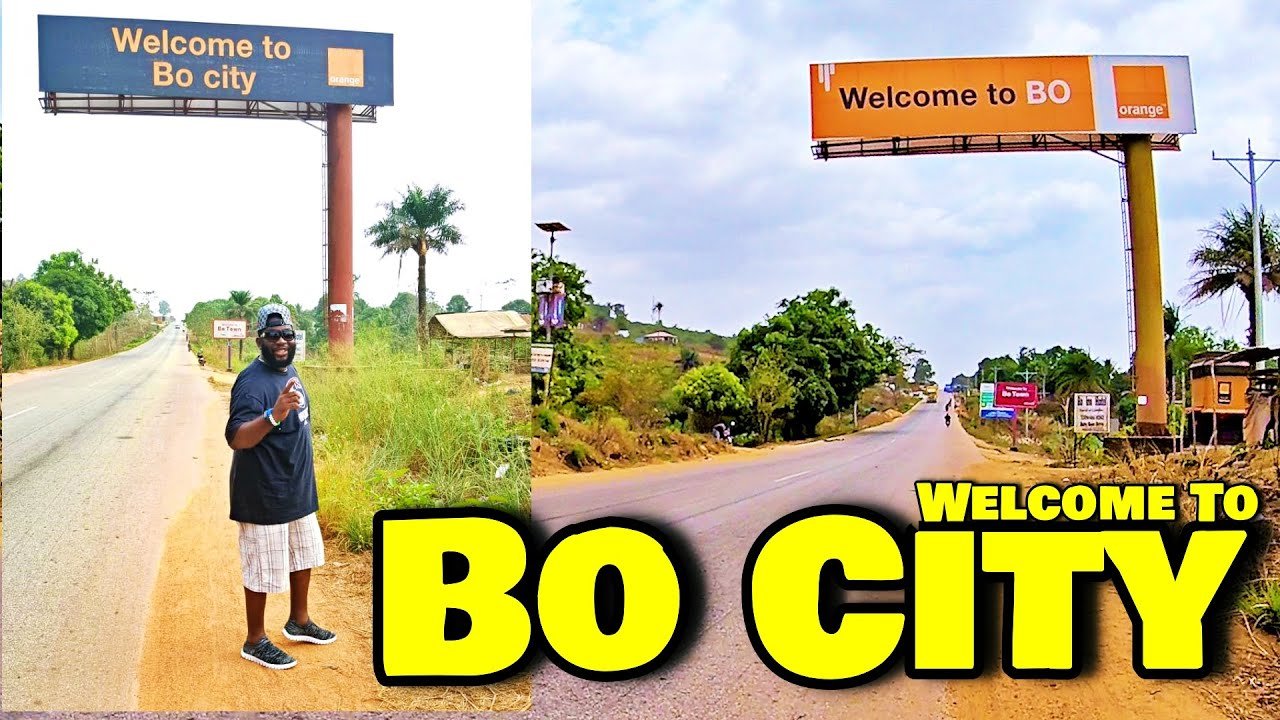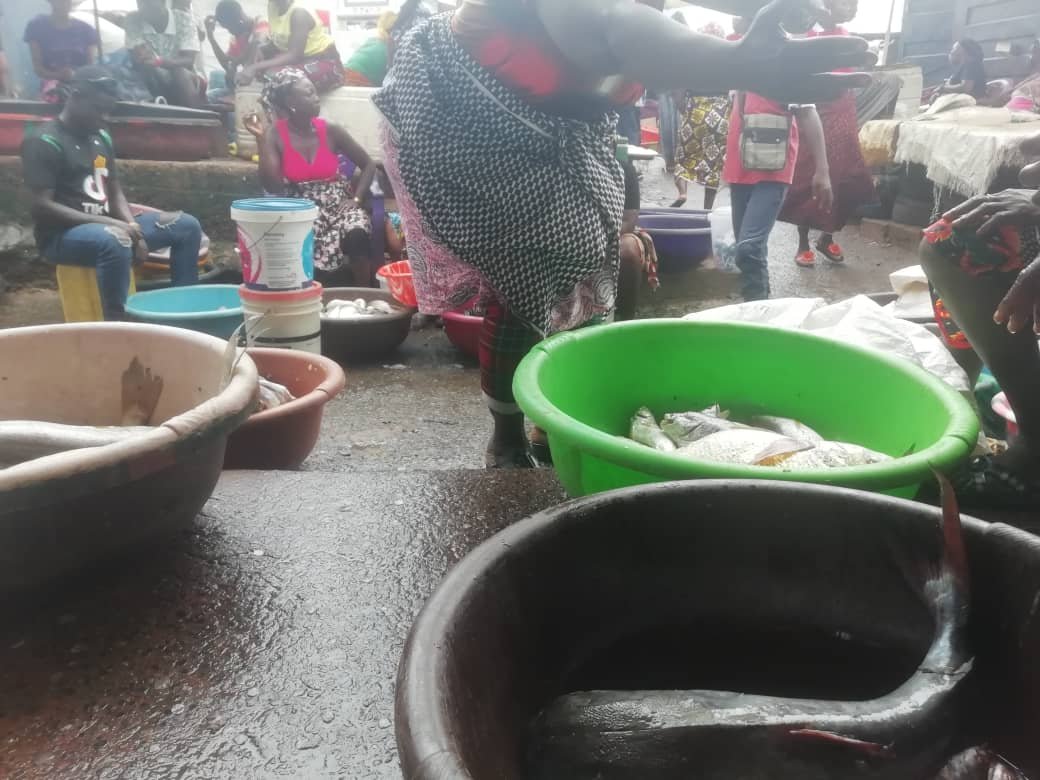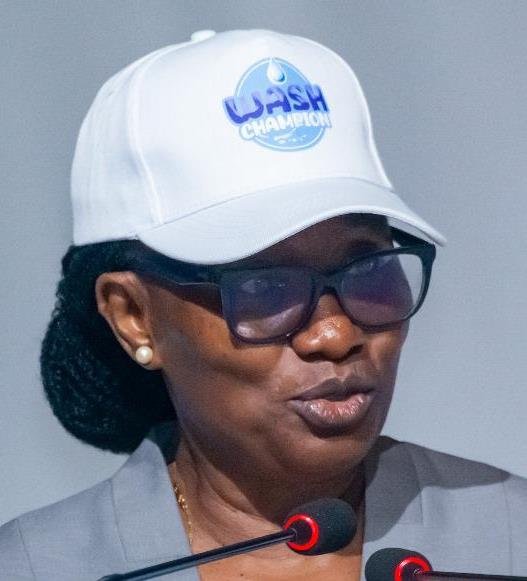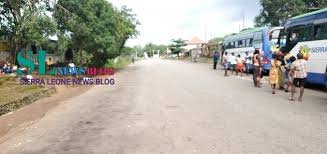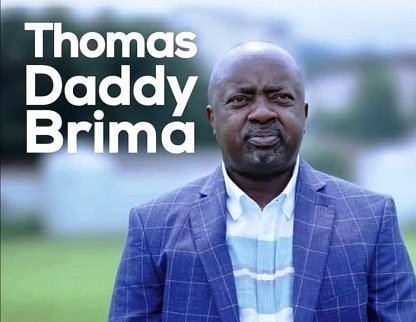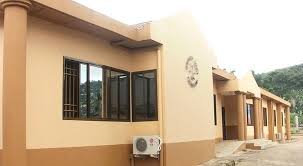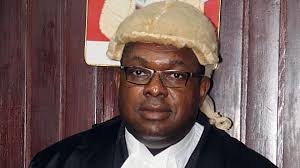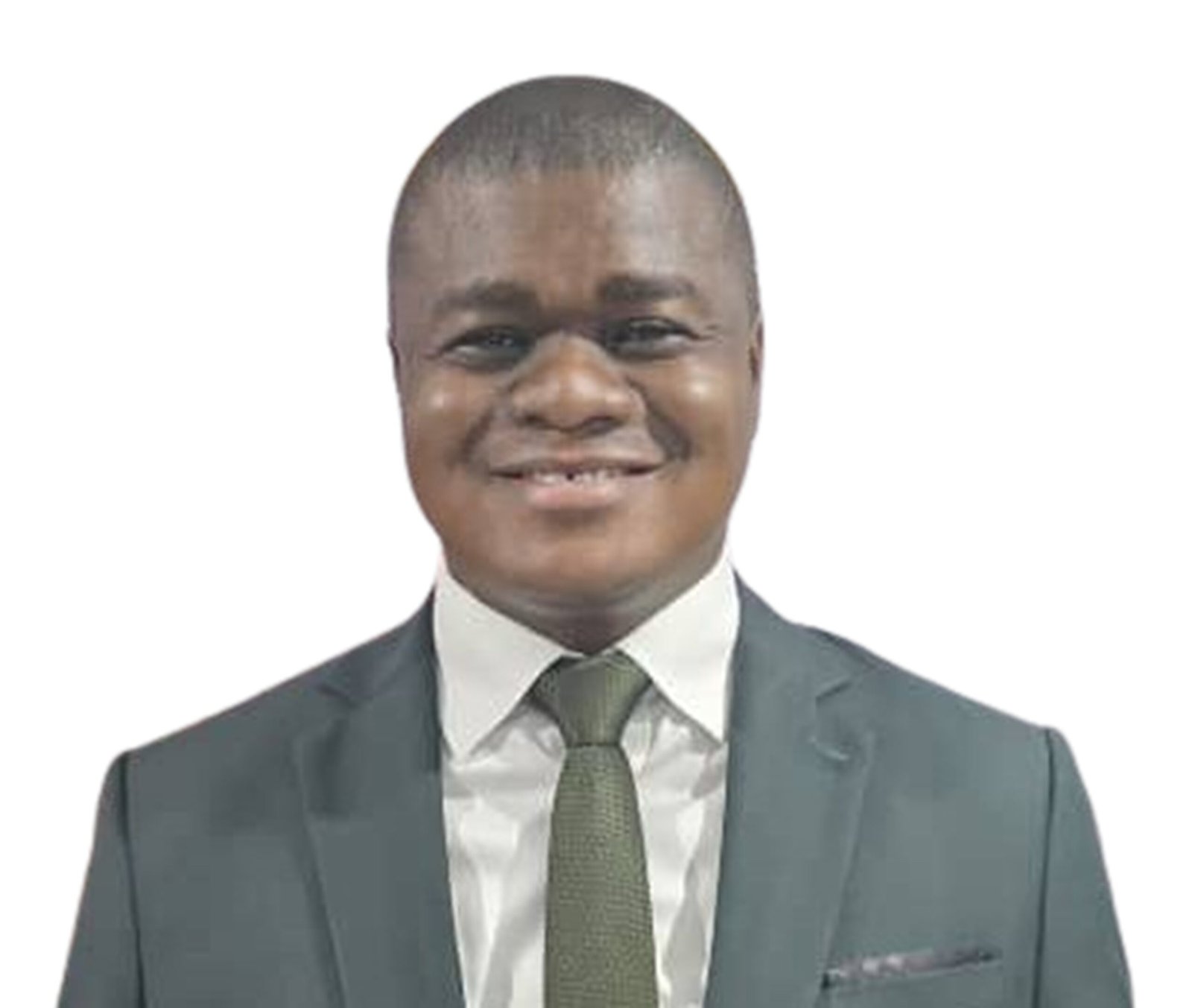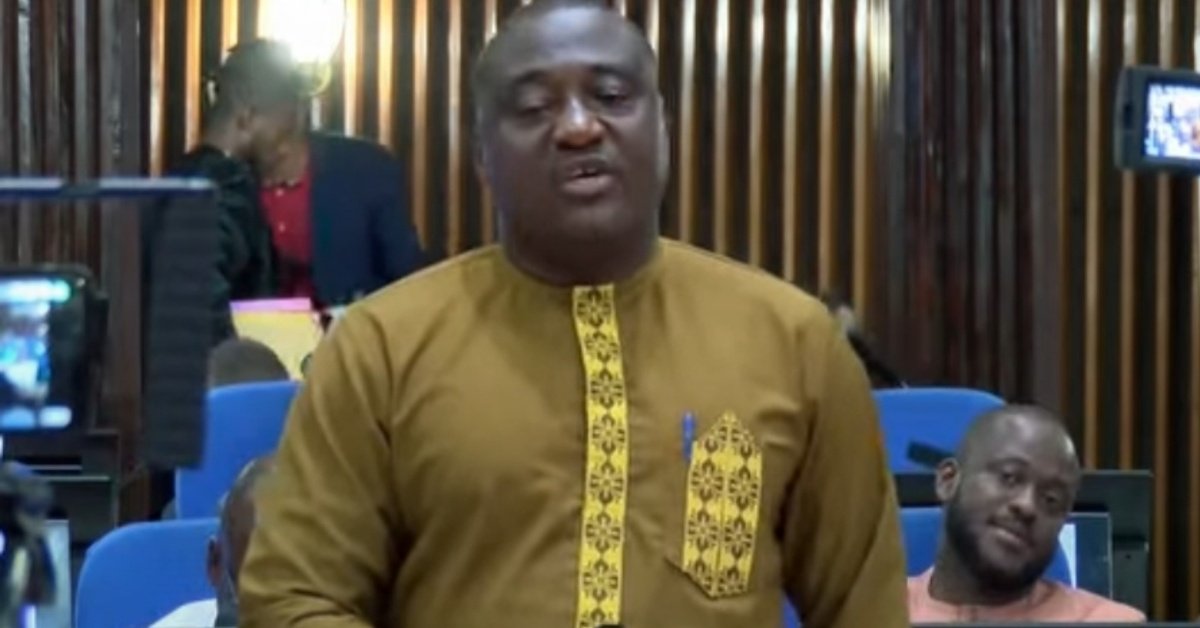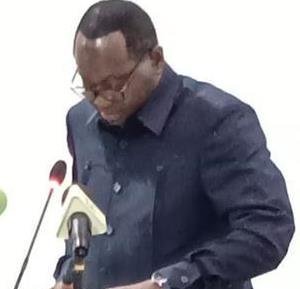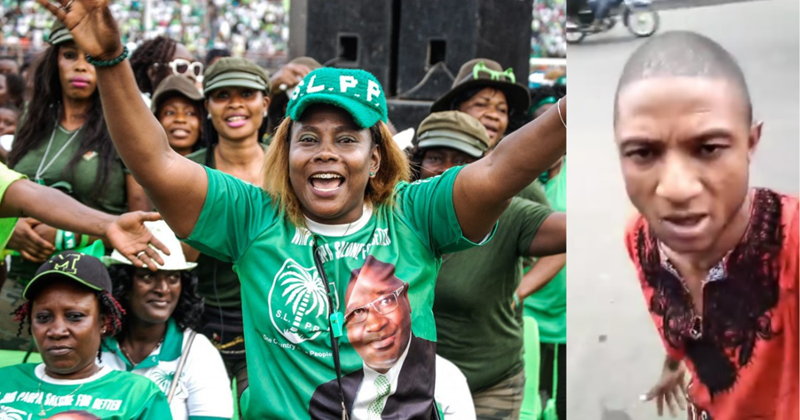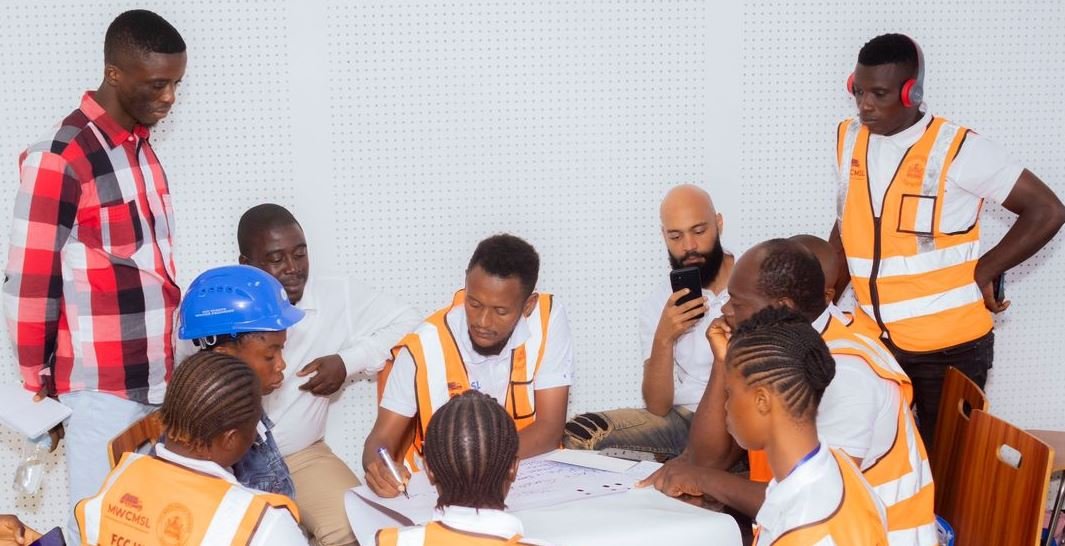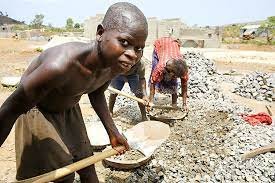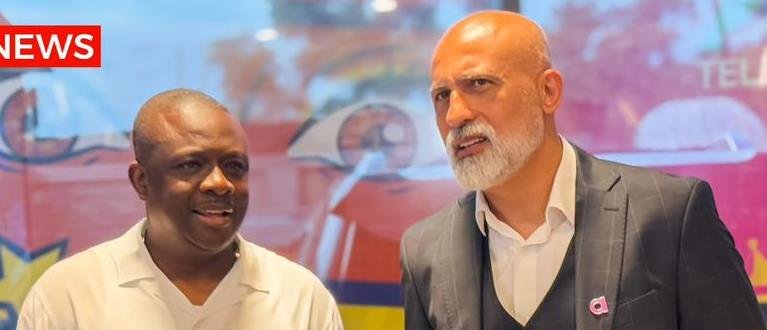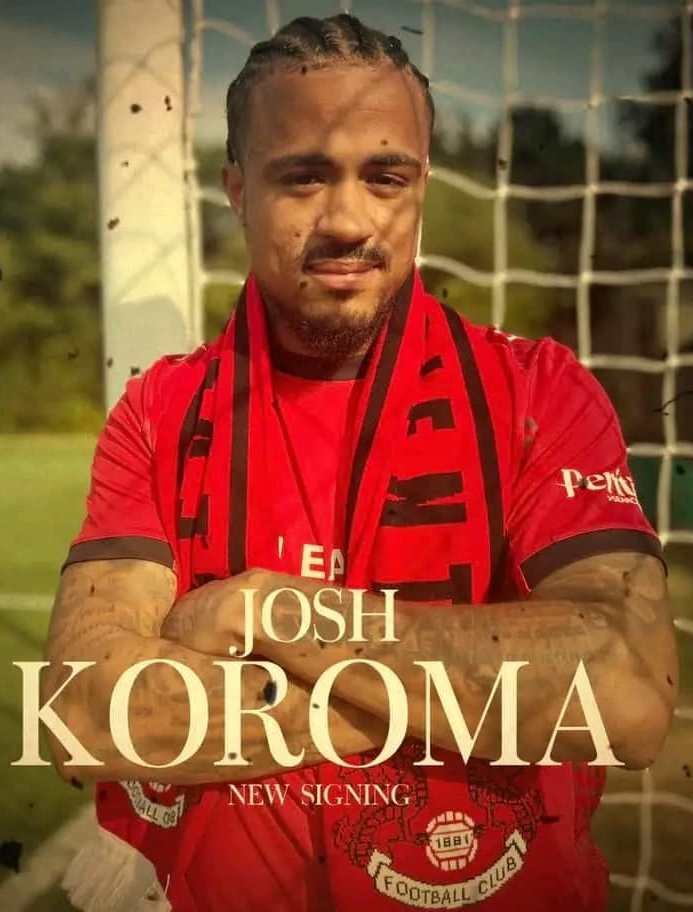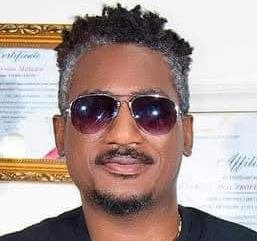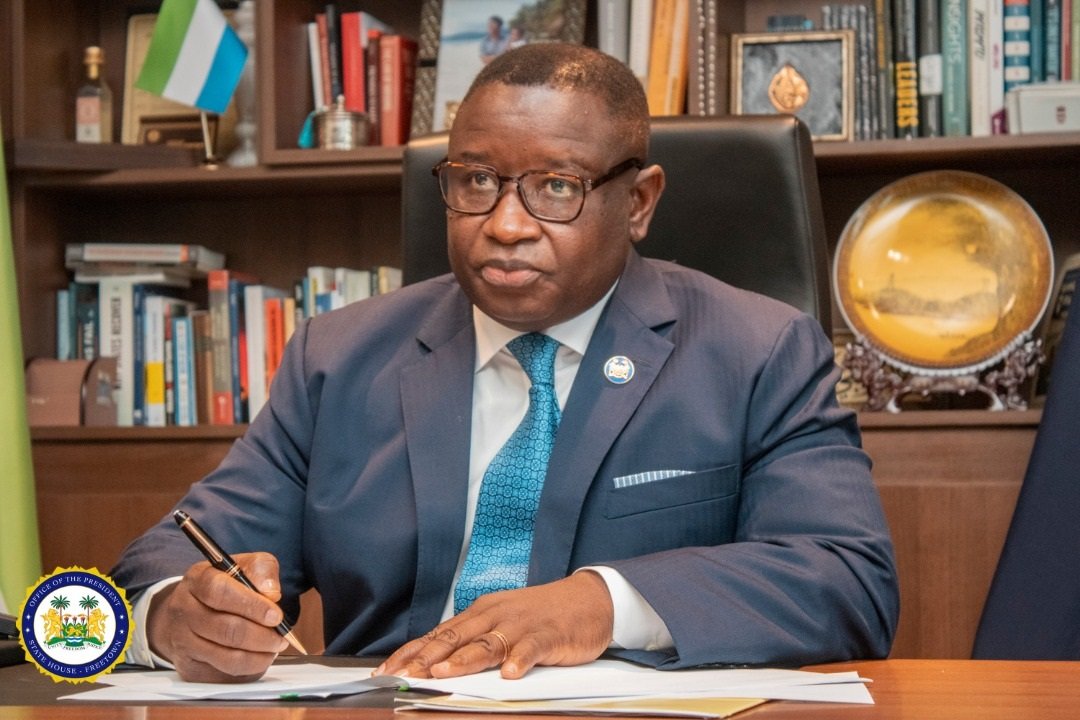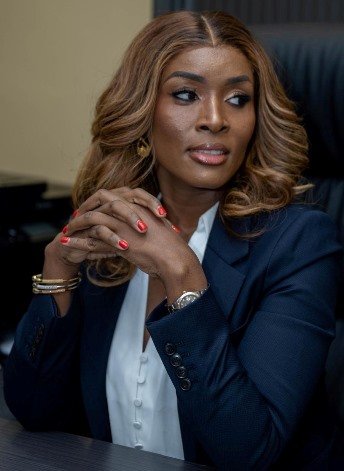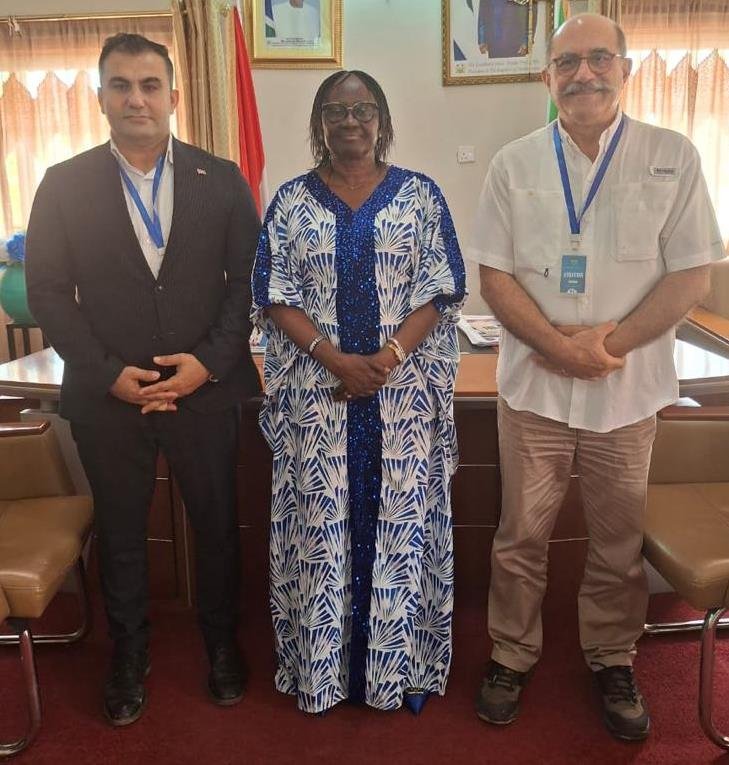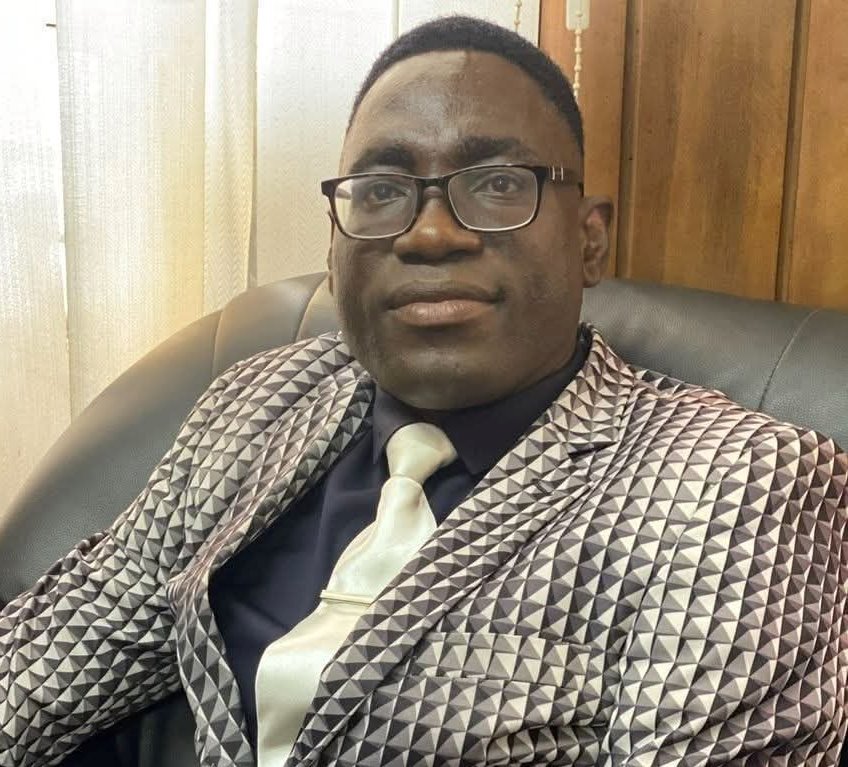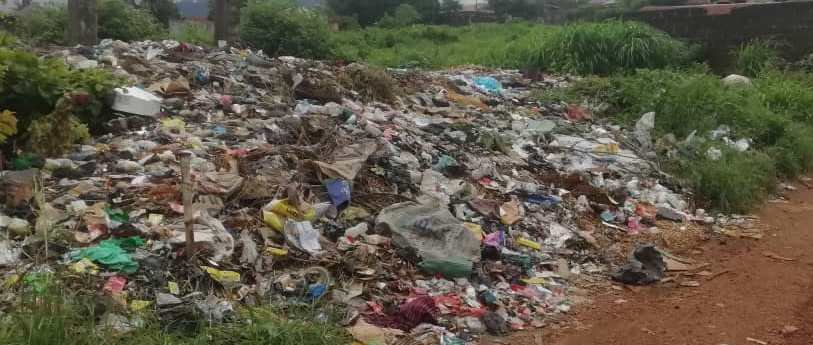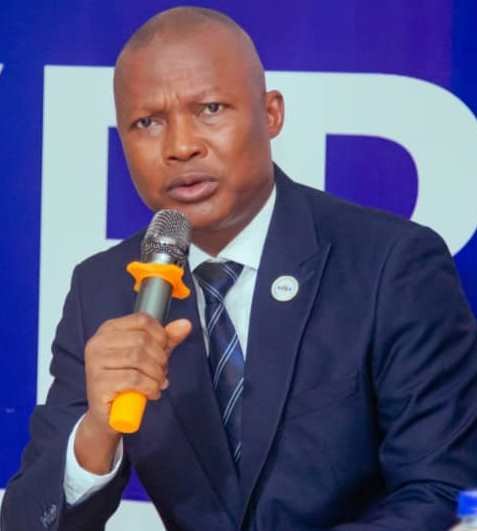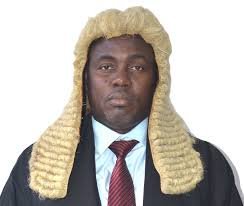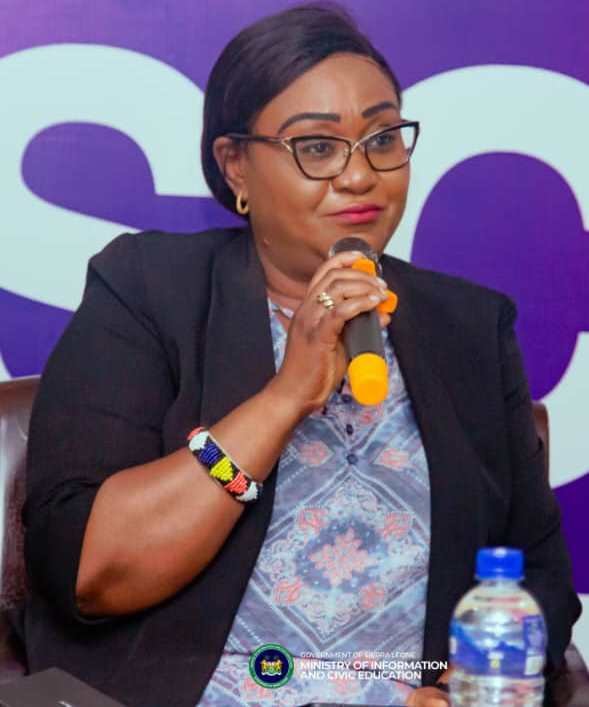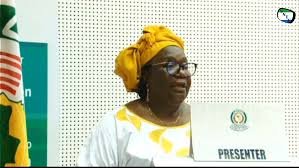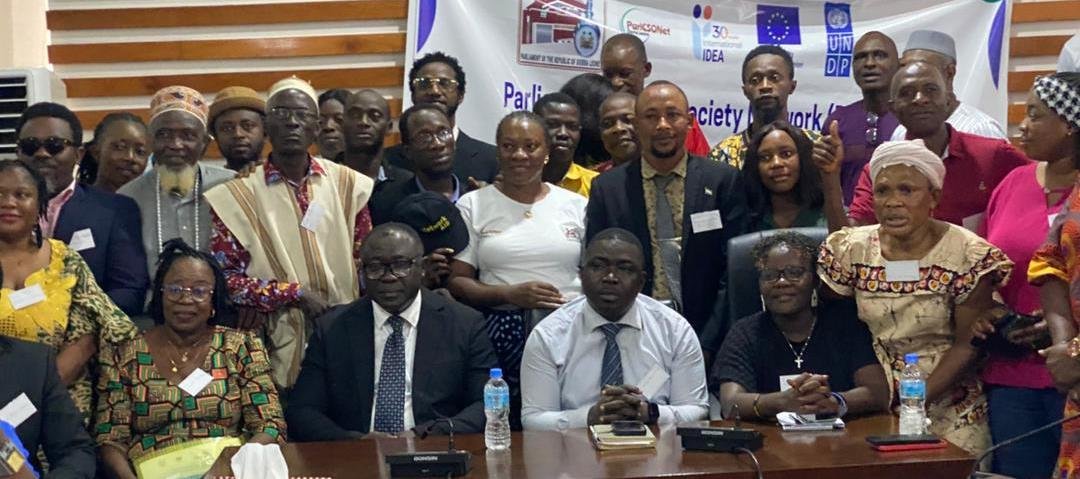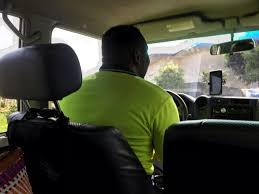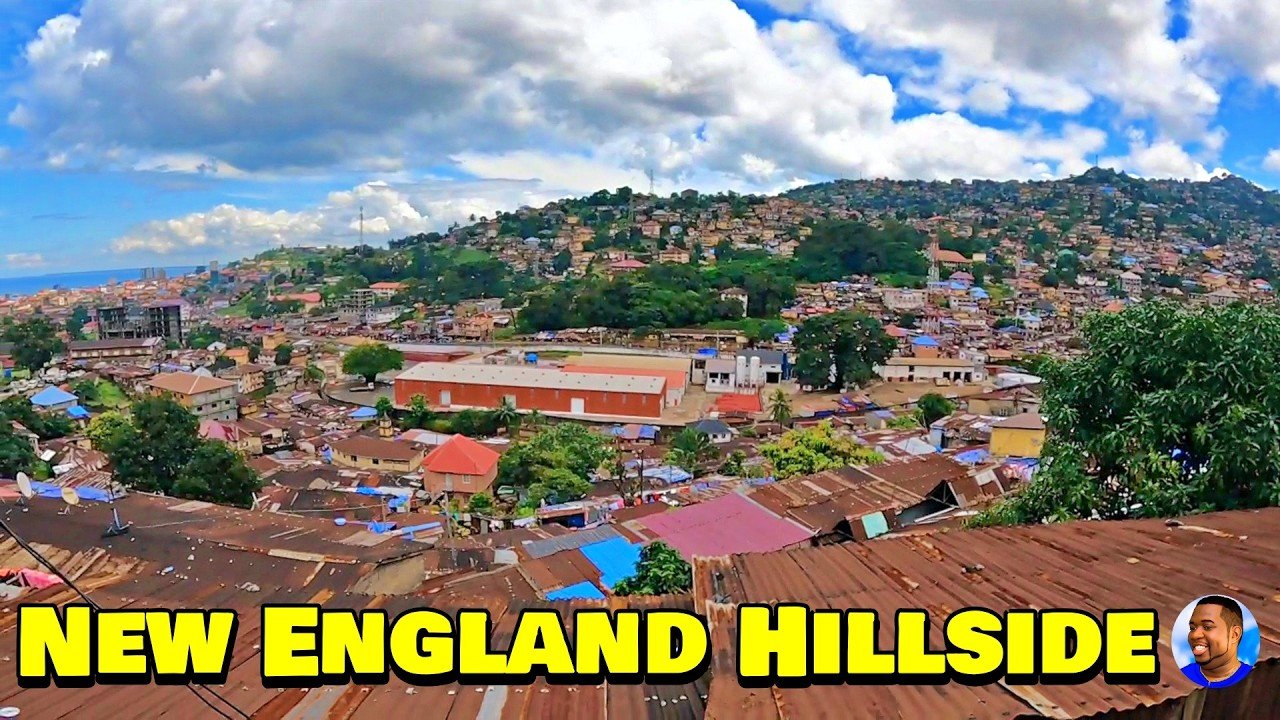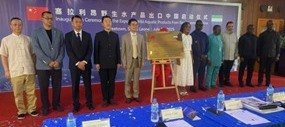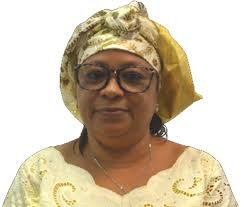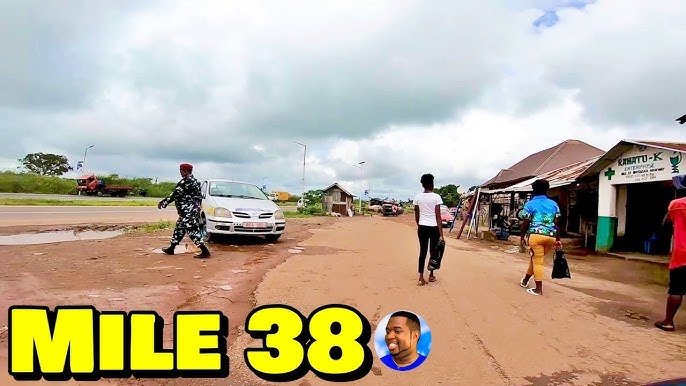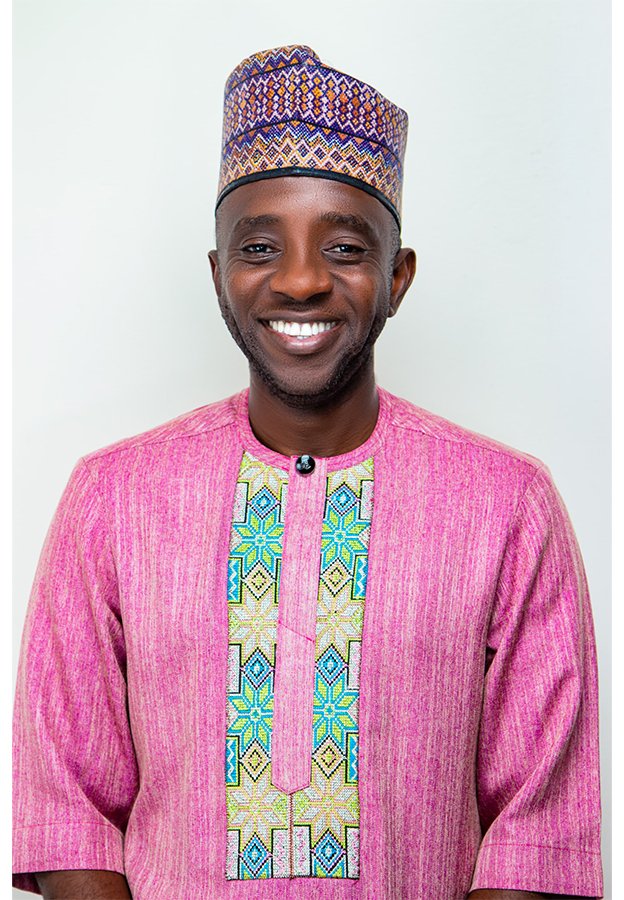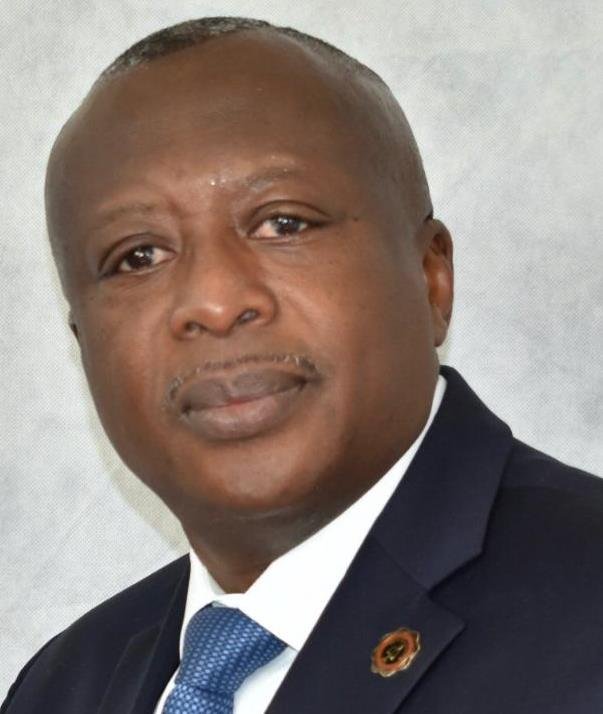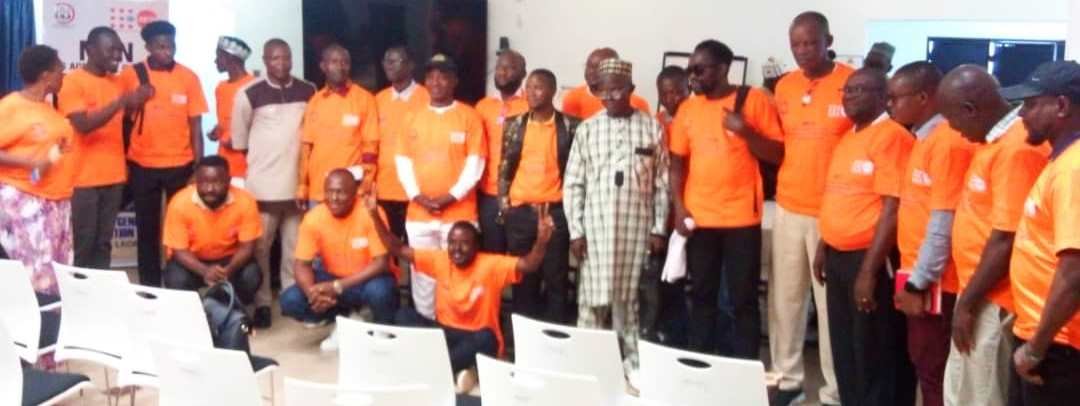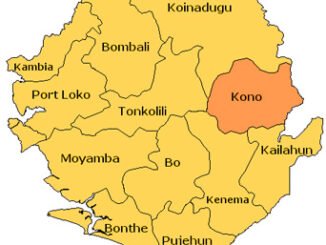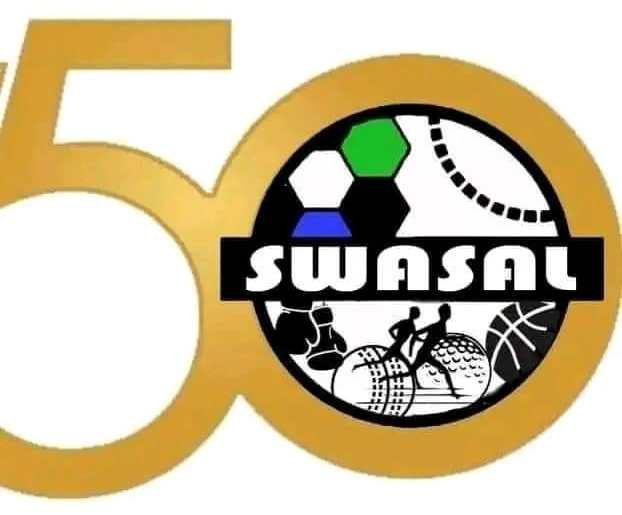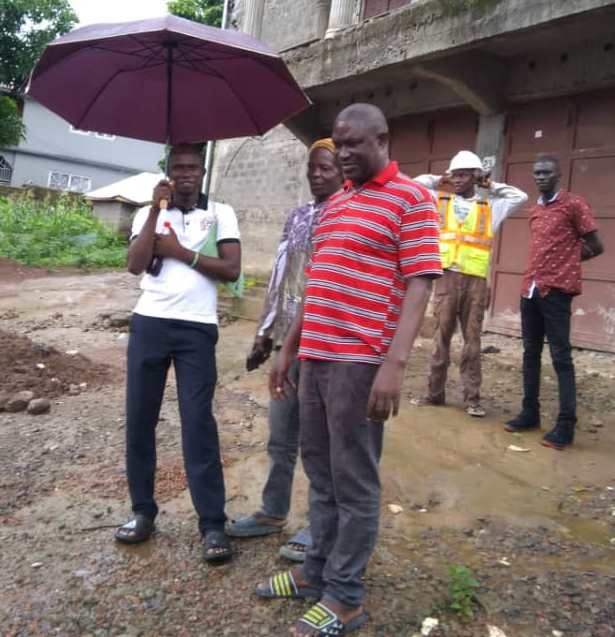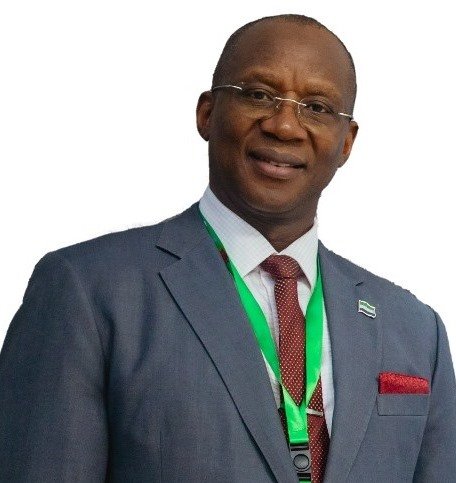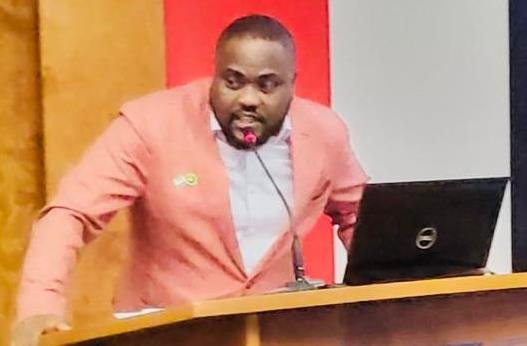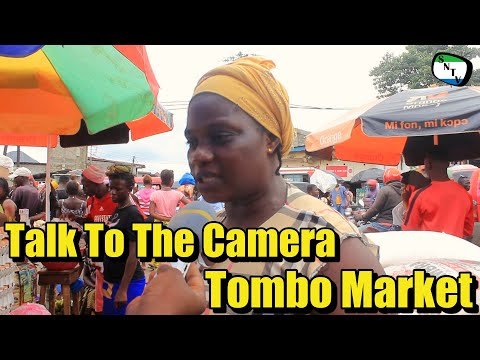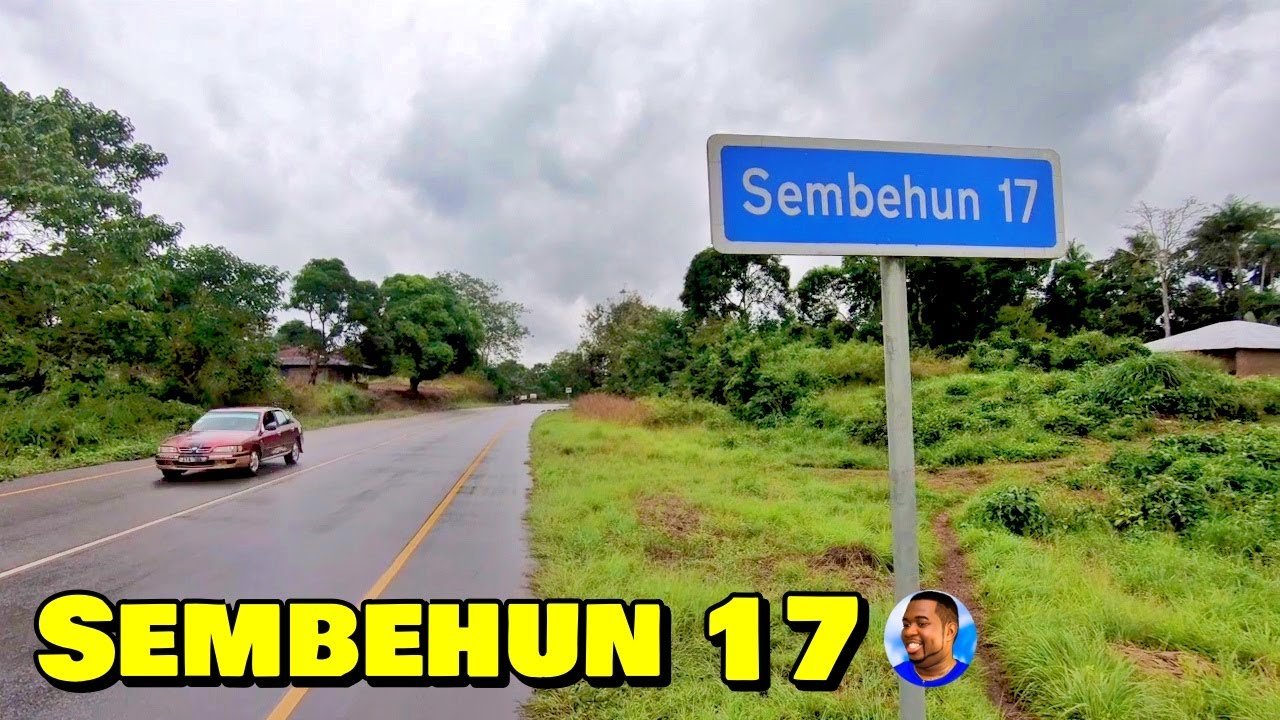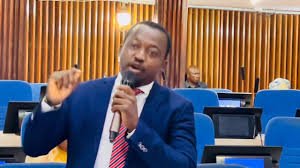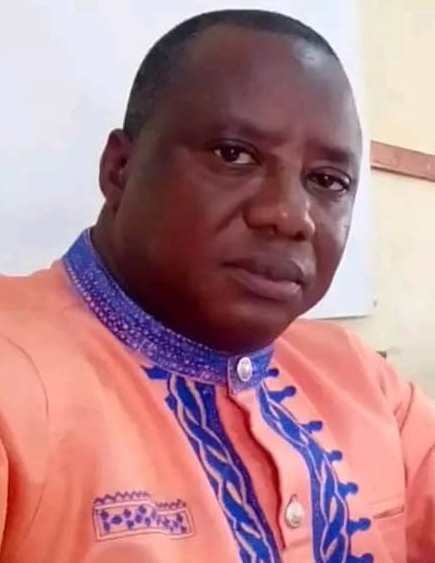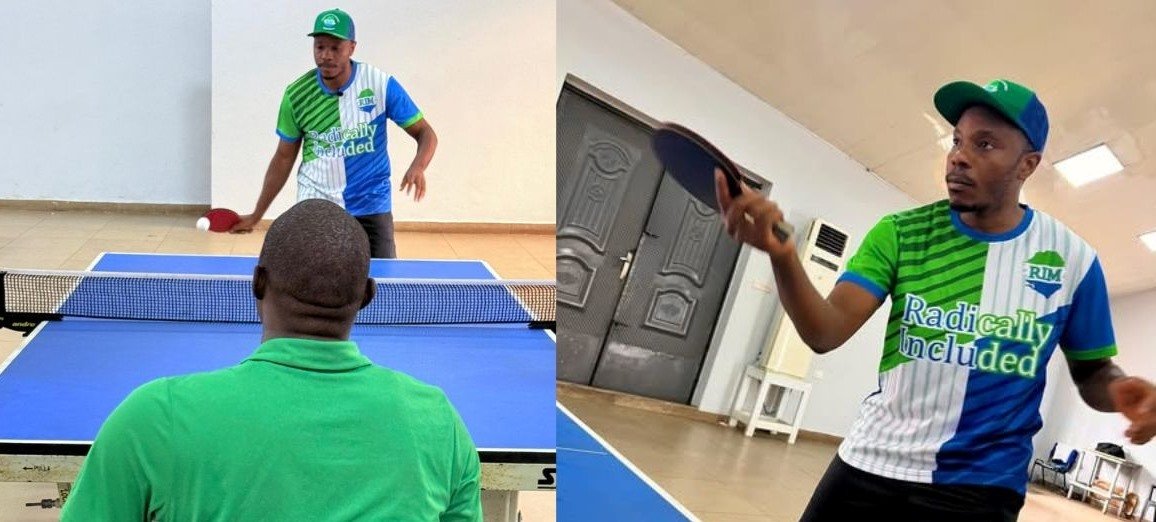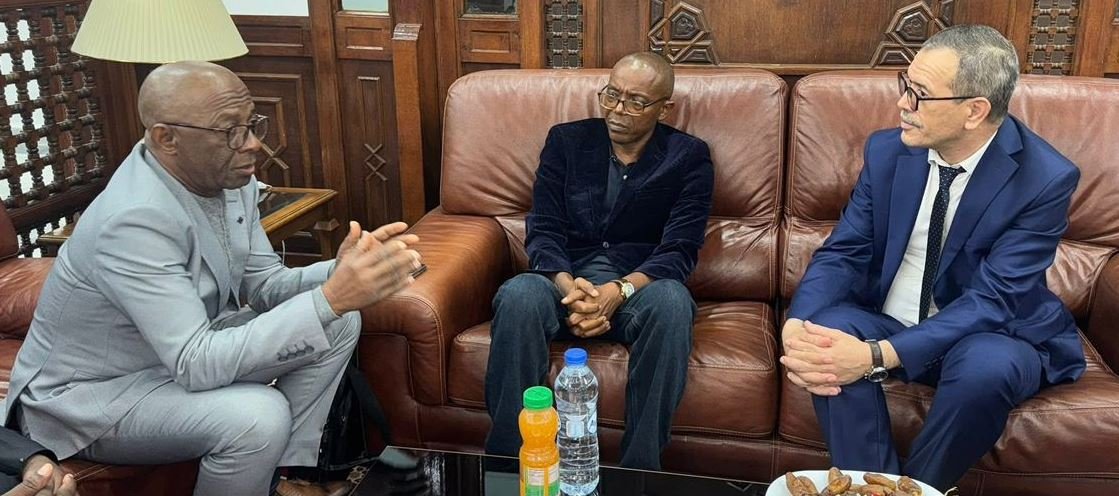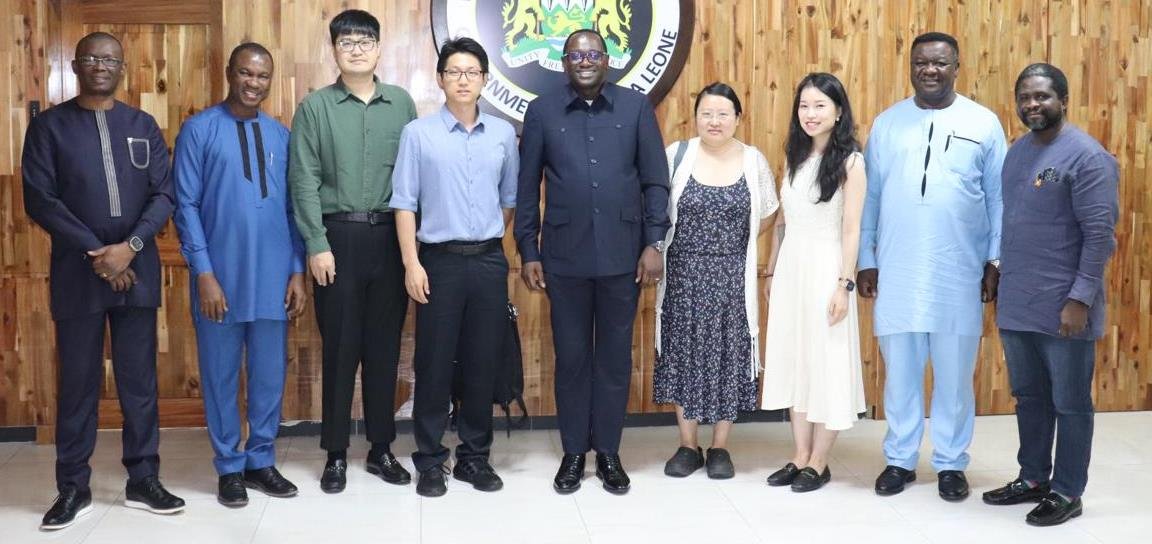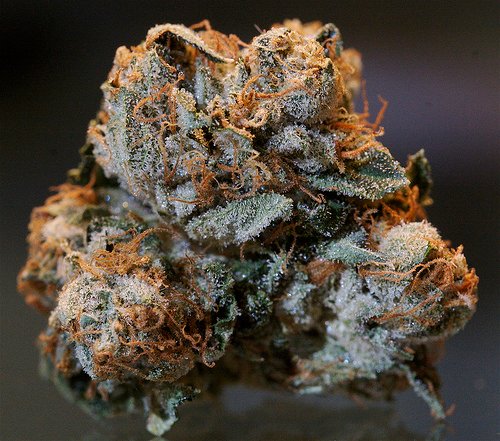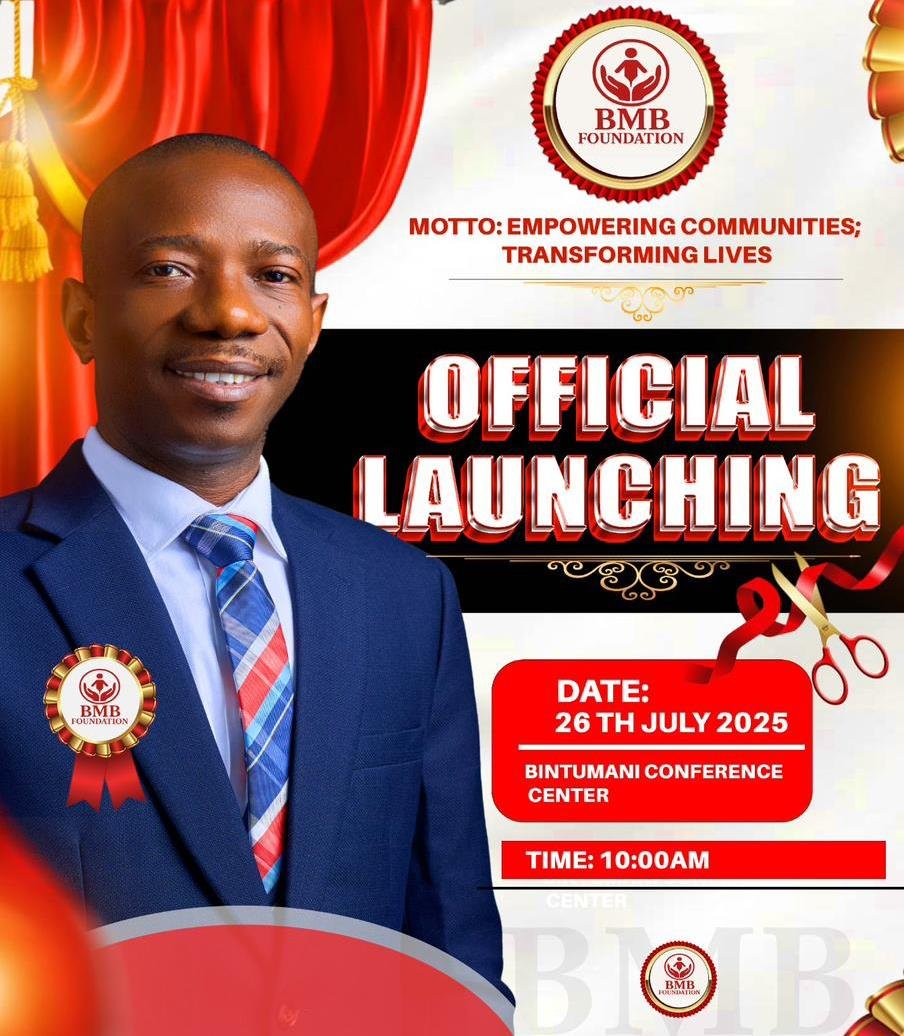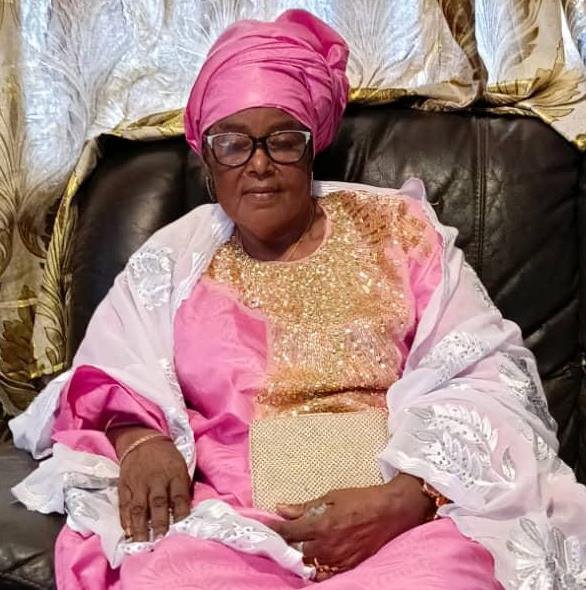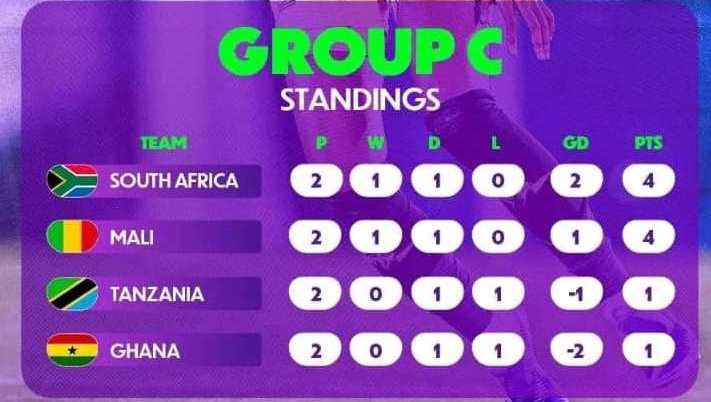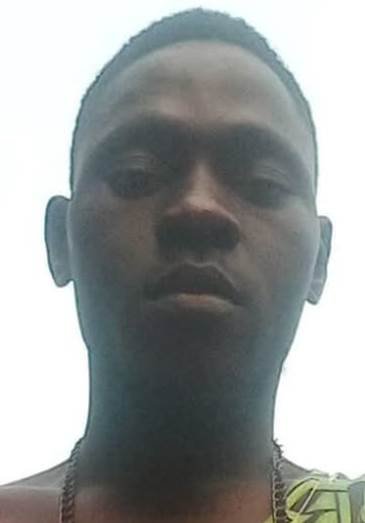By Ragan M. Conteh
The Forum Against Harmful Practices (FAHP), a coalition comprising over 25 Civil Society organizations, has just celebrated its coalition anniversary.
The remarkable anniversary marks 10 years of relentless fight to end all forms of harmful traditional practices including gender based violence in the country.
Making her statement on the ceremony, the Chairperson of the Forum Against Harmful Practices (FAHP), Madam Rugiatu Neneh Turay traced back the organization’s history, “I underwent female genital mutilaion (DGM) when I was eleven years and I know how it hurts me because I had to sleep nights and nights of severe pains with no showers. On the third day when it was time to have our first bath, the Soweis examined me and declared that the mutilation was not well performed and that they needed to remove the remaining clitoris that was left with me.”
Madam Turay was speaking on Thursday 5th October 2024 during a national high profile policy engagement.
The engagement was held at the Brookfields Hotel in Freetown.
Madam Turay continued: after being remutilated, this time around it was not only a physical torture but a psychological torture that left an everlasting scare in her her memory.
She revealed that almost all FAHP members are survivors who have taken the venture to speak with one voice by ending FGM.
“We have never changed our objectives neither our mission nor vision. From its inception stage,FAHP vision is very clear which is to see Sierra Leone free from FGM,” she said.
She stated other organizations had been seeing FGM as a taboo topic to discuss in public.
The Chairperson said FAHP has made a lot of progress towards building the movement to end female genital mutilation by reaching out to areas where it is practiced
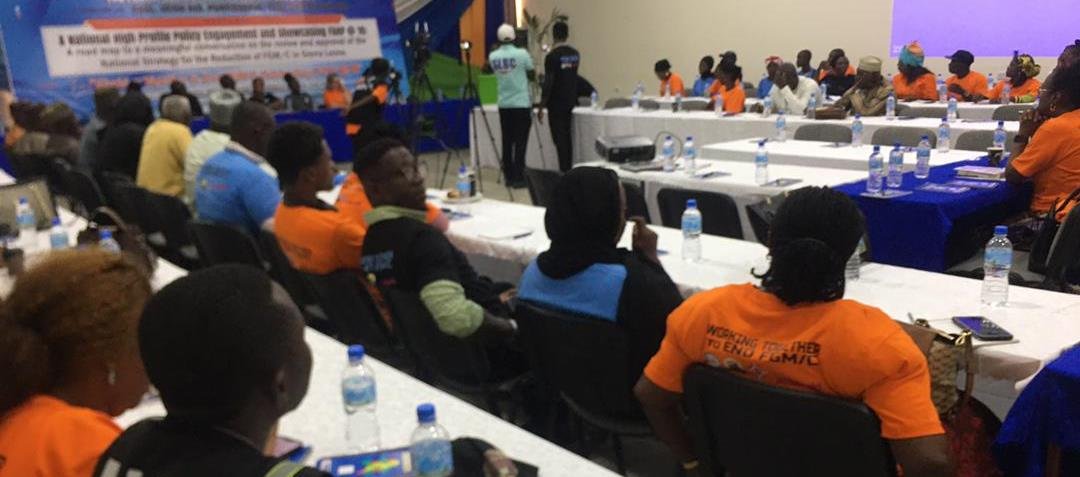 She said in villages they have formed community ambassadors, school clubs of influence, change makers, (Soweis) clubs, father and man’s club when paramount chief are also members.
She said in villages they have formed community ambassadors, school clubs of influence, change makers, (Soweis) clubs, father and man’s club when paramount chief are also members.
Madam Turay stated that slave trade, cannibalism, human sacrifice amongst others were cultural practices that are unacceptable, adding that FGM cannot be an exception.
She stated that FGM violates every right a woman should enjoy and that, she added, other countries in Africa, Europe, Asia and America where FGM is practiced have passed laws to ban it.
“I attended a four days retreat on FGM with other ten countries in Kenya. Most have banned FGM except my country.
“I listened alternatively as each and every participant shared their experiences in the field and how much challenges they faced even with the laws. When it was my turn to speak, the moderator said, can we listen to Rugiatu Turay from Sierra Leone where there is no law banning FGM but numbers are decreasing. We must learn from her to know what they are doing differently that is making the change and decreasing the numbers in their country,” she said.
Rugiatu stated that her answer was simple, they are following a national strategy that was developed by the Sierra Leone Government which was never approved by the same government.
She revealed that as Anti FGM campaigners mostly survivors believe they have a responsibility first for their people to understand that FGM practice is wrong and dangerous not only to women but for entire community where it is practiced.
She said they have to make sure communities believe that they respect and honor the bondo culture as the only traditional space for women by creating an alternative rite of passage that is comumunity and cultural based.
The alternative rite named Neneh’s strategy is based on indigenous knowledge developed by the Amazonian Initiative Movement (AIM) and if fully accepted and implemented will not only uphold the beauty of Bondo culture but will eliminate the harmful practice and it’s a sustainable solution that will also address climate change, women Iradership and empowerment.
The Secretary of the Forum Against Harmful Practices, Madam Aminata Koroma, in her presentation, informed the gathering that FAHP was formally established on 26 June 2014 as a national coalition to respond to the increasing need for collaborative work among organisations working towards the reduction and ultimate eradication of Harmful Practices (HPs).
These practices, according to her, include but are not limited to child/forced marriage and Female Genital Mutilation/Cutting (FGM/C) which can contribute to reproductive health problems teenage pregnancy, maternal mortality and violence against Women.
Giving the vision of FAHP, Madam Koroma said the Coalition wants to see a Sierra Leone free from all forms of harmful practices including FGM.
She said the mission is to see FAHP’s speak with unified voice against Harmful Traditional Practices (HTPs), where women and girls are able to exercise the enjoyment of their Human Rights and to reach their full potential. “We work towards ensuring that FGM interventions are better coordinated for impact in Sierra Leone,” Madam Koroma said.


